The Work That Was Always There

"We are the answer. We are the voice. Because the indigenous way to live at this moment is the best way to live in harmony."
Tashka Yawanawa didn't say this in his home village in the Brazilian Amazon. He said it on a stage in New York City, standing beside Wildlife Works, a conservation organization that's spent 25 years proving that statement isn't aspirational. It's operational.
While most carbon credit providers compete on price and efficiency, Wildlife Works is changing what the market values entirely. They're not selling offsets. They're building partnerships with indigenous communities who have protected forests for generations, often without payment, recognition, or market structures to sustain their work. This isn't a one-time project-based approach. It's recognition of ongoing stewardship as a service to the global community.
Mike Korchinsky, Wildlife Works' Founder, puts it plainly: "It is not tokenism, it is not a gesture, it is a legitimate recognition of value and it is a legitimate ongoing recognition of value. It's a recognition that this is a job that gets done every year by this community. It's not something that they do once and then they're done." He continues: "This is not a project. We call it a project, but it's not. It's a way for them to earn from the world for the service they provide."
Wildlife Works' collaboration with the Yawanawa people demonstrates what this looks like in practice. Intellectual property stays with the community, not extracted by outside organizations. Compensation flows directly to community members conducting research and monitoring. Indigenous knowledge blends with scientific methods like eDNA sampling, creating richer understanding than either approach alone. Decision-making power remains with those doing the stewardship work.
This is what shifts the carbon market from transaction to relationship. From compliance thinking to partnership thinking. From valuing intervention to recognizing stewardship that's kept ecosystems intact for generations.
Laura Yawanawa, Executive Director of the Yawanawa Sociocultural Association, challenges the broader market: "So many mechanisms were created in the name of the climate, the carbon mechanism. And I just ask you... I would like to ask you to find creative ways that don't become again, this colonialist way to get money, to explore our territories again, to explore us."
Her question cuts to what's at stake: Can carbon markets avoid an extractive future? Are carbon markets extraction? Can they recognize and support the communities who've been doing conservation work without market recognition for centuries?
Wildlife Works is proving the answer can be yes, but only if you redefine what the market values.
Not cheapest credits. Deepest relationships.
Not fastest transactions. Most transparent processes.
Not lowest complexity. Most just partnerships.
Wildlife Works represents the organizations we're drawn to, those changing conversations, not just participating in them. Those positioning ahead of where markets are going, not competing within them as they are. When you're already doing the transformational work, the question becomes: how do you scale the narrative to match the impact?
To learn more about our collaborative work with Wildlife Works on strategic messaging and market positioning, read the full case study.
P.S. New to Thresholds? We explore the edges of transformation—bridging emerging technologies with enduring human values. Each issue focuses on culture, craft, biodiversity, or futures through a design lens. This month we're exploring biodiversity—how design works with natural systems and the stewards who protect them.
